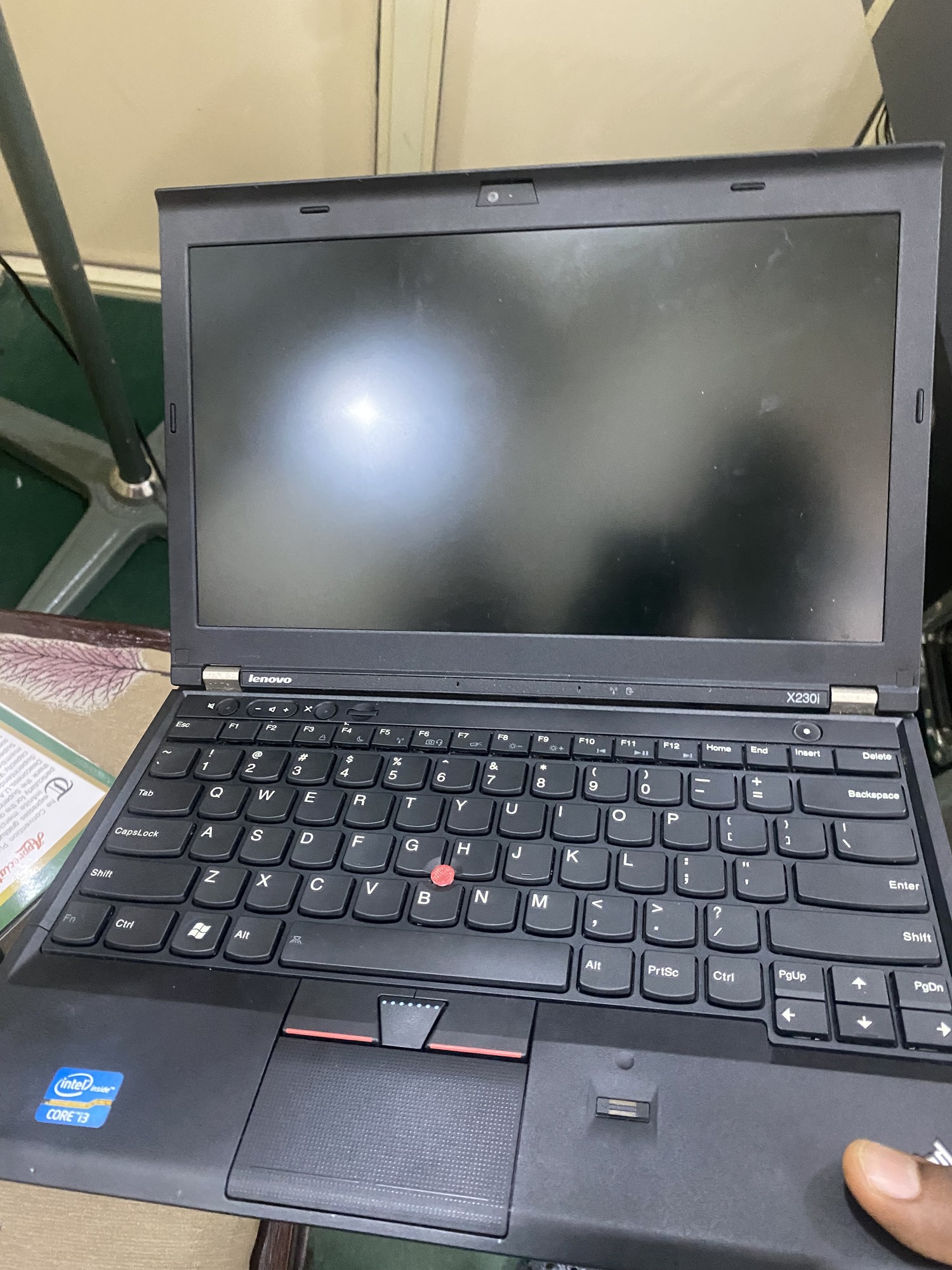this post was submitted on 15 Nov 2025
53 points (94.9% liked)
Linux
59608 readers
736 users here now
From Wikipedia, the free encyclopedia
Linux is a family of open source Unix-like operating systems based on the Linux kernel, an operating system kernel first released on September 17, 1991 by Linus Torvalds. Linux is typically packaged in a Linux distribution (or distro for short).
Distributions include the Linux kernel and supporting system software and libraries, many of which are provided by the GNU Project. Many Linux distributions use the word "Linux" in their name, but the Free Software Foundation uses the name GNU/Linux to emphasize the importance of GNU software, causing some controversy.
Rules
- Posts must be relevant to operating systems running the Linux kernel. GNU/Linux or otherwise.
- No misinformation
- No NSFW content
- No hate speech, bigotry, etc
Related Communities
Community icon by Alpár-Etele Méder, licensed under CC BY 3.0
founded 6 years ago
MODERATORS
you are viewing a single comment's thread
view the rest of the comments
view the rest of the comments

For a PC from around 2010-2018: Mint Cinnamon, Ubuntu 24.04, Lubuntu 24.04, MX Linux, in that order. Not Kubuntu, apparently it's the lost sheep of the family. Until you've used Linux for a few years, always aim for LTS (long term support) or similar terms. Never use an OS billed as a "beta" or "release candidate". "Rolling release" is suspect. It's all fun and games until your OS doesn't boot or you lose your data. Stability matters (and back up your data). Once you learn how Linux works, and if you become an enthusiast, you can do what you want. I highly, highly doubt you'll find Arch as painless as what I recommend.
https://lemmy.frozeninferno.xyz/post/58612395
I'd say Ubuntu as #1 but it's not known for maximum performance. Debian installer is a total mess and Linux fans don't realize how foreign it is to a newbie. It feels like the Debian installer was last updated in 2004. I have a soft spot for Lubuntu and its classic Windows 2000 look. Runs fast too if that matters to you.
I mostly agree with the idea of using stable distros.
However, I will add that if you hate the default Debian installer and are willing to dig a bit through the website, they do have live USBs for each DE with a Calamares installer that I love. I really wish they would promote those more.
Honestly, they need to redo the whole Debian site.
Also, I find it funny you include 2018 in your range; I think that most things from 2018 could probably run almost any full modern distro competently, and that the better quality devices from 2015-2017 also wouldn’t struggle too much.
Debian's website is such a pain. Why are the live ISOs buried?